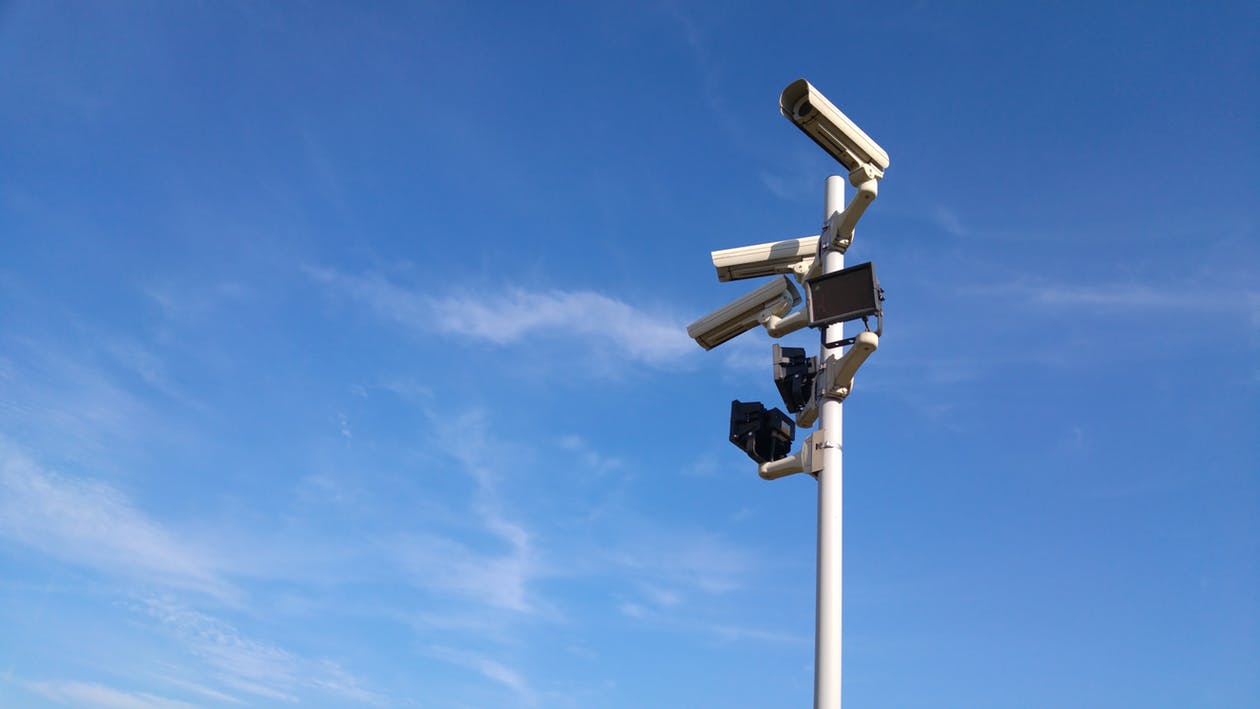
Pursuant to Part 2A of the Surveillance Devices Act 1999 (Vic), it is an offence for an employer to use an optical device to carry out surveillance of the conversations or activities of employees in the workplace bathrooms or change rooms. An ‘optical surveillance device’ means any device capable of being used to record visually or observe an activity and CCTV cameras are caught under the act.
An employee’s right with regards to the matter of surveillance at a workplace.
In Victoria, there are no specific laws regulating use of CCTV cameras for workplace surveillance by employers. Therefore, workplace surveillance in Victoria is subject to the same restrictions as general surveillance devices.
Consequently, the details of the setting in which the cameras are employed is extremely important and will help decide whether recording employees while they work is lawful. For example, work environments such as retail stores, restaurants and banks customarily have cameras installed to record the activities of the employees and customers. In these circumstances, CCTV cameras are used as a security measure and employees in these work environments are expected to have limited privacy.
However, if employees work in cubicles or open plan office spaces, it is generally unreasonable to have them monitored via CCTV cameras. Employers may be justified in monitoring workplaces for the purposes of protecting property or ensuring employee health and safety. In some instances, workplace privacy may be determined by a balancing test, in which the court weighs the employer’s interests against the worker’s reasonable expectations of privacy.
Importantly, no matter the circumstances, employers are required to inform employees that they will be subjected to the scrutiny of CCTV cameras and obtain employee consent, unless stated otherwise in a written and signed employment contract.